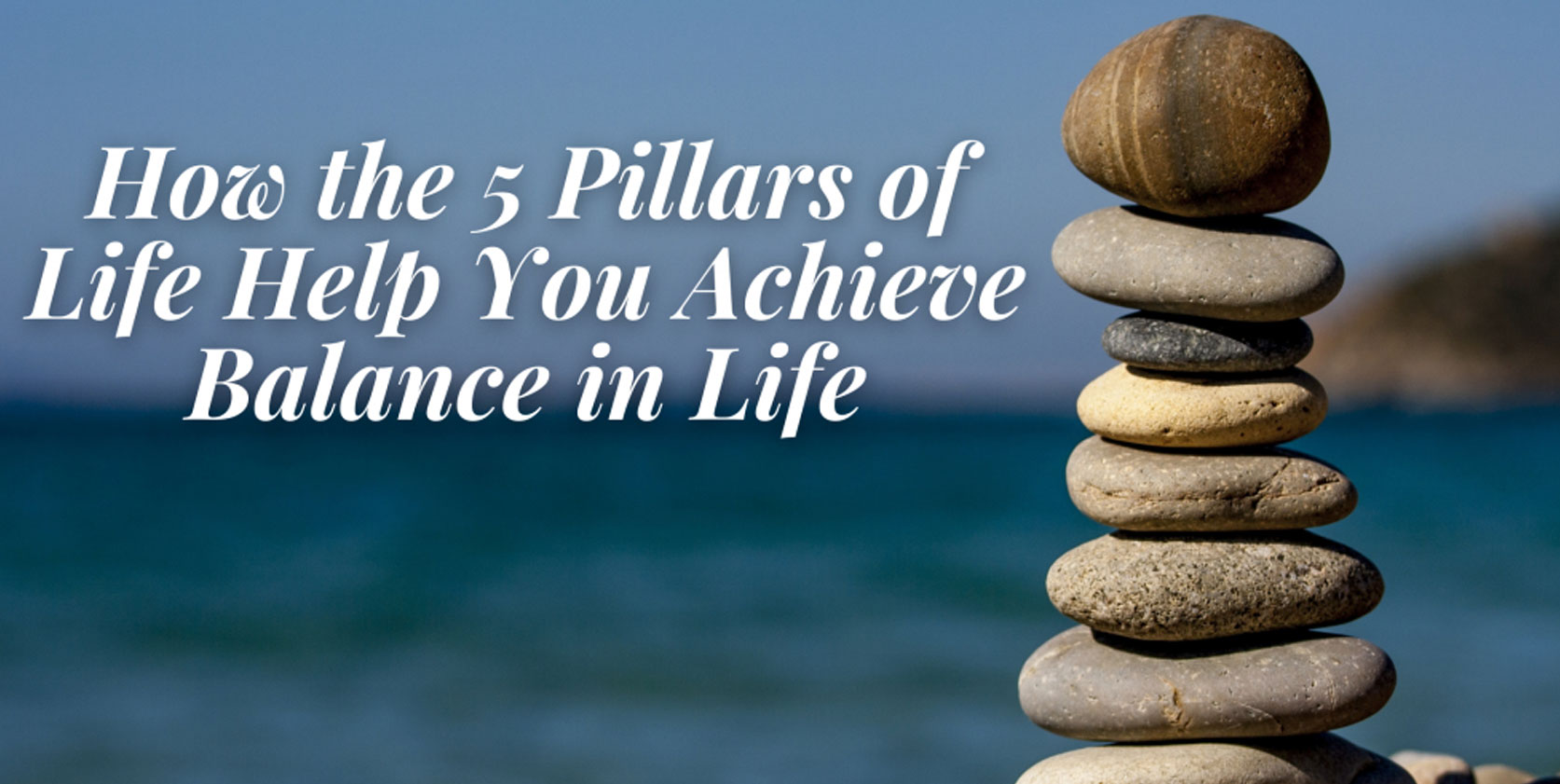The Art of Thriving: 5 Pillars for a Balanced Life

In the relentless pace of modern life, finding balance can feel like a luxury. But what if it’s the very foundation of a life well-lived? Thriving isn’t about grand gestures; it’s about the small, intentional habits we build every day. By nurturing our mind, body, and spirit, we create a resilient foundation that allows us to not just survive, but to truly flourish.
1. Hydrate and Nourish Your Body 💧
Your body is your temple, and hydration is its lifeline. Water is essential for every bodily function, from regulating temperature to delivering nutrients to your cells. But nourishing yourself goes beyond just drinking enough water; it’s about fueling your body with whole foods that are as close to their natural state as possible. These foods—like fruits, vegetables, whole grains, and lean proteins—are rich in the vitamins, minerals, and fiber your body craves. Prioritizing them can reduce the risk of chronic diseases and help with weight management.
- Resources:
- Hydration: A study by researchers at UC San Francisco found that proper hydration can help with weight loss and prevent conditions like kidney stones and migraines. The National Council on Aging also highlights water’s role in improving brain performance, supporting digestion, and increasing energy levels. [Source] [Source]
- Whole Foods: MedicalNewsToday reports that eating a diet rich in whole foods can improve overall health and reduce the risk of conditions like heart disease, high blood pressure, and diabetes. Research published by the National Institutes of Health (NIH) further supports that these diets, such as the Mediterranean and DASH diets, can help prevent chronic diseases. [Source] [Source]
2. Mindful Movement 🧘
Movement is a powerful tool for both physical and mental well-being. It’s not about punishing your body with grueling workouts, but rather, finding joy in motion. Mindful movement, such as yoga, tai chi, or even a simple walk in nature, helps you tune into your body’s sensations, strengthening the mind-body connection. This practice can reduce stress, improve your mood, and boost overall mental resilience. It’s about listening to what your body needs, whether that’s a vigorous run or a gentle stretch.
- Resources:
- Mindful Movement: According to the mindfulness organization Mindful.org, mindful movement helps lower stress, release stagnant energy, and strengthen the mind-body connection. A study in the European Journal of Social Psychology also found that holding your body in an upright, open posture can increase feelings of confidence. The National Institutes of Health (NIH) highlights that mindfulness-based treatments have been shown to reduce anxiety and depression. [Source] [Source]
3. Prioritize Self-Care and Boundaries 💚
In a world that constantly demands your energy, self-care is not a selfish act—it’s a vital necessity. It’s about setting aside dedicated time for activities that replenish your spirit. This can be as simple as reading a book, spending time with a loved one, or simply enjoying a quiet cup of tea. Just as crucial as self-care is the practice of setting boundaries. Learning to say “no” protects your time and energy, preventing burnout and allowing you to show up as your best self for the things that truly matter.
- Resources:
- Self-Care: AllDayMedicalCenter emphasizes that self-care is crucial for managing stress and building resilience. It also notes that regular practices like exercise, proper nutrition, and adequate sleep are key components of a balanced lifestyle that can prevent stress from escalating. A paper on self-care published by The Name Organization (part of the National Association for Multicultural Education) supports that self-care is essential for improved mood, reduced anxiety, and a better relationship with yourself and others. [Source] [Source]
4. Embrace Consistent Sleep 😴
Sleep is the ultimate reset button. It’s when your body and mind repair, restore, and prepare for the day ahead. A consistent sleep schedule is a simple but powerful habit that can dramatically improve your overall health. When you go to bed and wake up at the same time each day—even on weekends—you regulate your body’s internal clock (your circadian rhythm), which leads to better sleep quality and more stable energy levels.
- Resources:
- Consistent Sleep: The Centers for Disease Control and Prevention (CDC) lists a variety of benefits from getting enough sleep, including a stronger immune system, better mood, and a reduced risk of chronic conditions like heart disease and diabetes. The Sleep Foundation further explains that a regular sleep schedule helps the body maintain a consistent internal clock, making it easier to fall asleep, stay asleep, and wake up feeling refreshed. The NIH also highlights that sleep is when the brain removes toxins and performs vital repair processes. [Source] [Source] [Source]
5. Cultivate Gratitude and Presence 🙏
A thriving life is one lived with a grateful heart. Practicing gratitude—whether through a journal or a simple moment of reflection—shifts your focus from what you lack to what you have. This simple act can reframe your perspective and significantly boost your happiness. Paired with gratitude is the power of being present. In a world full of distractions, taking a moment to fully engage with the here and now can calm your mind and deepen your appreciation for life’s simple pleasures.
- Resource:
- Gratitude and Presence: The Positive Psychology website lists several mindfulness exercises that can help you become more present and improve your overall well-being. The NIH further confirms that mindfulness-based treatments have been shown to reduce anxiety and depression, and can help you develop the ability to stay grounded in the present moment, rather than getting “hijacked” by negative thoughts about the past or future. [Source] [Source]
